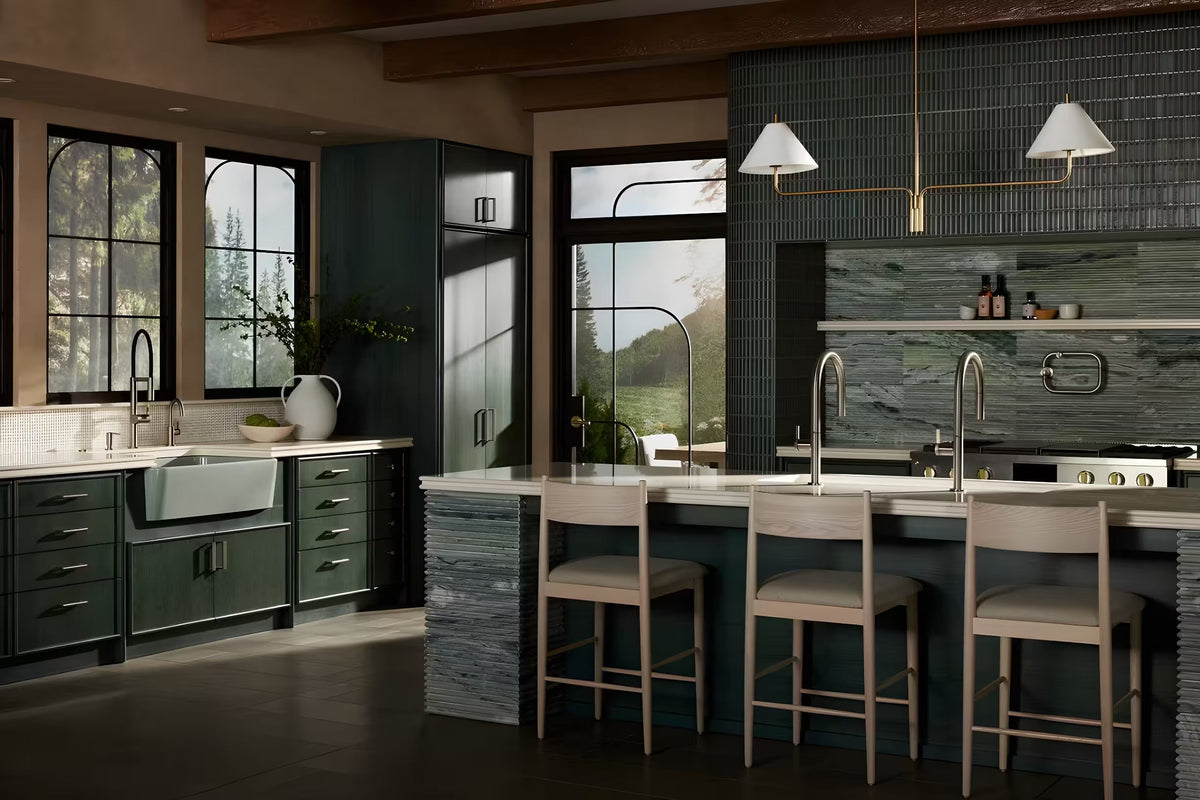Solar string lights have become increasingly popular for outdoor lighting due to their energy efficiency, eco-friendliness, and ease of installation. Powered by sunlight, these lights are perfect for patios, gardens, or any outdoor space where you want to add ambiance without worrying about electrical outlets or high energy bills.
In this guide, we’ll explore the benefits of solar string lights, how they work, and the best ways to use them for outdoor decoration.
Benefits of Solar String Lights
-
Energy Efficient
Solar string lights rely on solar panels to convert sunlight into electricity, reducing the need for power from the grid and lowering energy costs. -
Environmentally Friendly
Since they use renewable solar energy, these lights are a green alternative to traditional electric lighting, reducing your carbon footprint. -
Easy Installation
Solar string lights don’t require wiring or outlets, making installation a breeze. Simply place the solar panel in a sunny spot, and you’re good to go. -
Automatic Operation
Most solar string lights come with built-in sensors that automatically turn on at dusk and off at dawn, providing hassle-free operation. -
Versatile
Solar string lights come in a variety of styles, colors, and designs, allowing you to create a cozy, festive, or romantic atmosphere in your outdoor space.
How Solar String Lights Work
Solar string lights consist of small solar panels, typically mounted on a stake, that absorb sunlight during the day. This sunlight is converted into electrical energy and stored in rechargeable batteries. Once the sun sets, the stored energy powers the LED lights, illuminating your outdoor area.
Key Components:
- Solar Panel: Converts sunlight into electricity.
- Rechargeable Battery: Stores the electricity generated by the solar panel.
- LED Bulbs: Energy-efficient bulbs that light up using the stored power.
- Light Sensor: Automatically turns the lights on at dusk and off at dawn.
Best Places to Use Solar String Lights
-
Patios and Decks
Create a warm and inviting atmosphere by stringing solar lights around your patio or deck. Drape them over railings, weave them through pergolas, or hang them along the roofline. -
Garden Pathways
Solar string lights can be used to illuminate garden paths, adding both beauty and safety to your outdoor space. You can drape them along fences, low shrubs, or place them on stakes along the walkway. -
Trees and Bushes
Wrap solar string lights around trees, bushes, or topiaries to create a magical glow. The soft lighting adds charm to your garden, making it feel like a fairy-tale setting. -
Gazebos and Pergolas
Use solar string lights to highlight outdoor structures like gazebos or pergolas. This adds a touch of elegance and transforms your seating area into a cozy, well-lit oasis. -
Outdoor Parties and Events
Solar string lights are perfect for outdoor parties, weddings, or events. Hang them in your backyard or around the event space to create a festive and lively ambiance without the need for extension cords.
Choosing the Right Solar String Lights
1. Brightness and Lumens
Check the lumens rating of the solar string lights to determine how bright they are. For subtle accent lighting, choose lower lumens, but for more illumination, go for higher-lumen options.
2. Weather Resistance
Since solar string lights are used outdoors, make sure they are weatherproof. Look for lights that are waterproof and able to withstand rain, wind, and snow to ensure longevity.
3. Length of the String
Consider the length of the string based on the area you want to cover. Measure your space before purchasing to avoid buying a string that’s too short or too long.
4. Charging Time and Runtime
Check the solar panel’s efficiency. Most solar string lights require 6-8 hours of sunlight for a full charge and can provide illumination for 8-12 hours after dark. Make sure the charging and runtime suit your needs.
5. Style and Color
Solar string lights come in various styles, from classic white to colorful bulbs, and even vintage Edison-style bulbs. Choose the style that best complements your outdoor space and the ambiance you want to create.
Top 5 Solar String Lights for Outdoor Use
1. Brightech Ambience Pro Solar Powered String Lights
- Features: Shatterproof Edison-style bulbs, weatherproof design, 6-hour charge time
- Best For: Creating a vintage, café-like atmosphere
- Why It’s Great: These lights offer a warm glow and durable design, perfect for outdoor spaces like patios and decks.
2. Brightown Outdoor Solar String Lights
- Features: 60 LED lights, 8 lighting modes, IP65 waterproof rating
- Best For: Gardens, pathways, and trees
- Why It’s Great: With multiple lighting modes and a waterproof design, these lights are versatile and can be used in various outdoor settings.
3. JMEXSUSS Solar String Lights
- Features: 100 LED bulbs, 8 lighting modes, automatic on/off sensor
- Best For: Large outdoor spaces
- Why It’s Great: This string of lights offers a long length (up to 33 feet) and multiple lighting modes, making it perfect for decorating large areas like fences or gazebos.
4. Solpex Solar String Lights
- Features: 200 LED lights, copper wire design, waterproof, flexible
- Best For: Wrapping around trees or outdoor structures
- Why It’s Great: These copper wire lights are flexible and can be shaped easily around trees, fences, and other structures for a customizable lighting experience.
5. MagicPro Solar String Lights
- Features: 72-foot length, shatterproof bulbs, multiple modes
- Best For: Larger outdoor events and gatherings
- Why It’s Great: The long length and sturdy construction make these lights ideal for lighting up big outdoor spaces for parties or events.
How to Install Solar String Lights
Step 1: Choose the Right Location
Find a spot that gets plenty of sunlight during the day for the solar panel. The more direct sunlight the panel gets, the longer your lights will shine at night.
Step 2: Mount the Solar Panel
Secure the solar panel in an area that faces the sun. You can either stake it into the ground or mount it to a wall, depending on the design of your lights.
Step 3: Hang the Lights
String the lights in your desired location. You can drape them over railings, wrap them around trees, or hang them along fences. Use hooks, nails, or clips to secure them in place.
Step 4: Let Them Charge
Once installed, let the solar panel charge in the sun for at least 6-8 hours to ensure the battery is fully charged before use.
Elevate Your Outdoor Space with Solar String Lights
Solar string lights are an easy, eco-friendly, and stylish way to add ambiance to your outdoor spaces. Whether you want to create a romantic atmosphere for an evening gathering or simply light up your garden path, these lights offer both functionality and beauty. With a wide variety of designs, colors, and styles available, there’s a solar string light option for every outdoor setting.
FAQs
Q1: How long do solar string lights last?
A1: Solar string lights typically last for several years, depending on the quality of the lights and the solar panel. The LED bulbs can last for 10,000+ hours, while the rechargeable batteries may need replacement every 1-2 years.
Q2: Can solar string lights be used in winter?
A2: Yes, most solar string lights are weather-resistant and can be used in winter. However, they may not shine as brightly or for as long in areas with limited sunlight during the colder months.
Q3: Do solar string lights need direct sunlight?
A3: While direct sunlight is ideal for optimal charging, solar string lights can still work in partially shaded areas. However, they may not charge as fully or shine as long at night if they don’t receive enough sunlight.
Q4: How can I extend the life of my solar string lights?
A4: Regularly clean the solar panel to ensure it’s free of dust and debris, which can block sunlight. Store the lights indoors during extreme weather to prevent damage and replace the rechargeable batteries as needed.
Q5: Are solar string lights bright enough to light up a backyard?
A5: Solar string lights are designed for decorative and ambient lighting rather than strong task lighting. If you’re looking to illuminate an entire backyard, consider combining them with other types of outdoor lighting.









